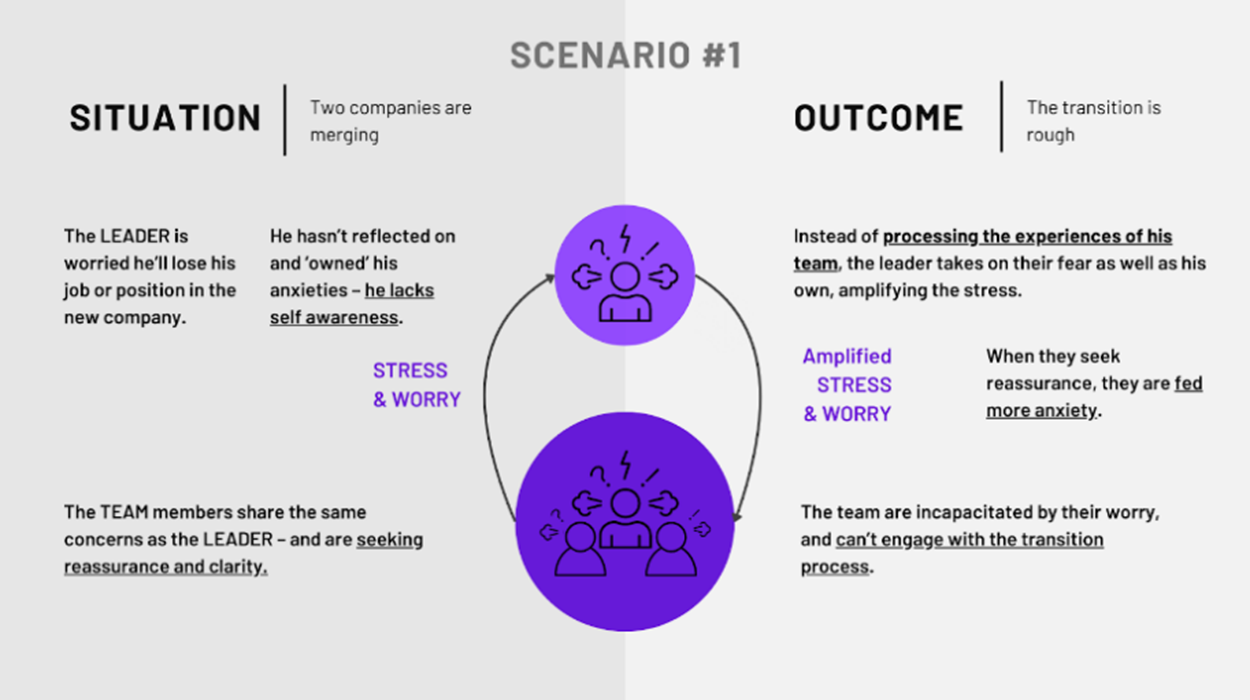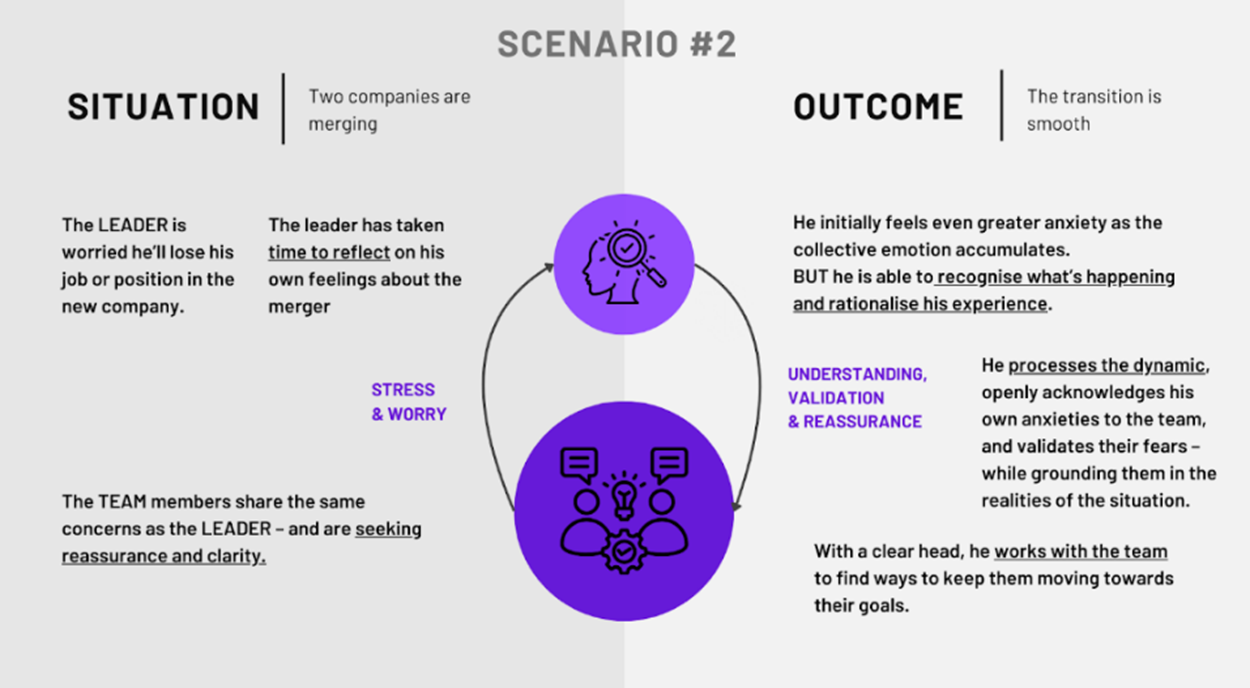Most leaders like to think they’re pretty objective. After all, in order to make good decisions, we need to be able to take our own preferences and biases out of the equation – right?
Unfortunately not.
We simply don’t have the ability to remove our critical thinking skills (our judgement) from the context of ourselves as an individual. We will ALWAYS be subject to some level of influence from our own personalities. As Wilfred Bion (father of the systems-psychodynamic approach to teams and organisations) said: “The greatest obstacle to discovery is not ignorance, but the illusion of knowledge.” So it’s the belief that we can be objective – that we can know the right or true answer, that gets in the way of real insight. And although we can’t be 100% objective, we can work with our subjectivity to become better at our jobs. To understand how, we need to take a brief trip into the theory of human and organisational psychology.
Harnessing subjectivity in leadership
Leaders and leadership teams serve as ‘containers’ for the companies they’re leading – it's part of the job description. We provide security, maintain structure, and manage the experiences of the people around us. We process the (often challenging) emotions and dynamics of our teams, ‘contain’ them, and feed them back in a more manageable, digestible form. In doing so, we build the support and trust we need to steer the ship towards high performance. However, despite our best intentions, we sometimes find ourselves unwittingly holding onto ‘stuff’ (emotions, points of view, attitudes and states of being) that don’t belong to us. Instead of processing them and re-presenting them back, we mistake them as our own experience and emotion. In doing this, we end up reinforcing the potentially dysfunctional dynamic. We become part of the problem, often amplifying it because of our position. The only way we can avoid this happening is by understanding our own mental landscape. What are our own fears, desires, insecurities, biases, strengths, etc?
This can all start to feel a bit abstract, so let’s look at an example:
Two companies are merging. The team members are worried they’ll lose their jobs or position in the new company; the leader is worried about the same things. They express their concerns to their leader (either directly or indirectly) looking for reassurance, direction, and a way forward.


The role of self insight
So what’s the solution? As we always say in our work with leaders and teams Indigogold | Developing Teams, it comes down to self insight. We need to understand our own ‘stuff’ (emotions, biases, points of view, attitudes and states of being). We need to know the ways we can be derailed or bogged down by them. And we need to realise that we will have a tendency to take on other people’s ‘stuff’ that resonates with our own. With this toolkit of understanding in hand during difficult situations, we can take a step back and honestly assess our thoughts, emotions, and behaviours – and move towards enlightened subjectivity.

